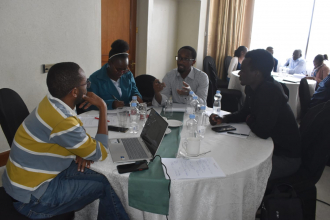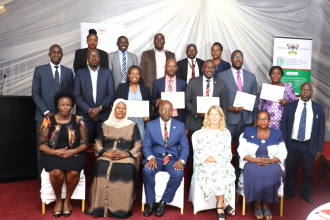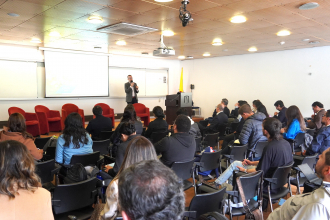
EEU Seminar - Adan Martinez Cruz
The next EEU Seminar will be held on Monday the 16th of September at 12:10 – 13:15 in B44. The seminar will be held by Adan Martinez Cruz and he will be presenting on the topic of : Using stated…

The next EEU Seminar will be held on Monday the 16th of September at 12:10 – 13:15 in B44. The seminar will be held by Adan Martinez Cruz and he will be presenting on the topic of : Using stated…
8th Annual CECFEE Research and Policy Workshop will be held at Khajuraho, Madhya Pradesh, India in partnership with SRIJAN. Please mark your calendars for November 7-9, 2024 (Thursday to Saturday) and…

The 2024 SETI Annual Workshop, held on June 18-19, brought together a vibrant network of researchers, policymakers, and students for an engaging exchange of ideas and groundbreaking research. The…

The Inclusive Green Economy in Practice Program has launched a new important event: The annual, national IGE Forums, which is the main event for disseminating knowledge from the program. The first IGE…

There is a growing recognition of the need for Just Resilience – an approach that emphasizes inclusive climate adaptation strategies and prioritizes the needs of vulnerable populations. This concept…
Access to electricity has been linked to economic growth through improved agricultural and firm productivity, public service delivery, enhanced household investment in human capital, and increased net income and general quality of life. Yet, as of 2024, more than 540 million people in Africa still lacked electricity, and many more suffered from unreliable power supply.

The Environment for Development (EfD) Uganda celebrated the graduation of its third cohort from the Inclusive Green Economy (IGE) Capacity Building Program on August 7, 2024. The event, held at the…

Researchers and stakeholders discussed these challenges at an event at Los Andes University in Bogotá. They agreed that universities have an important role in providing scientific-based information…